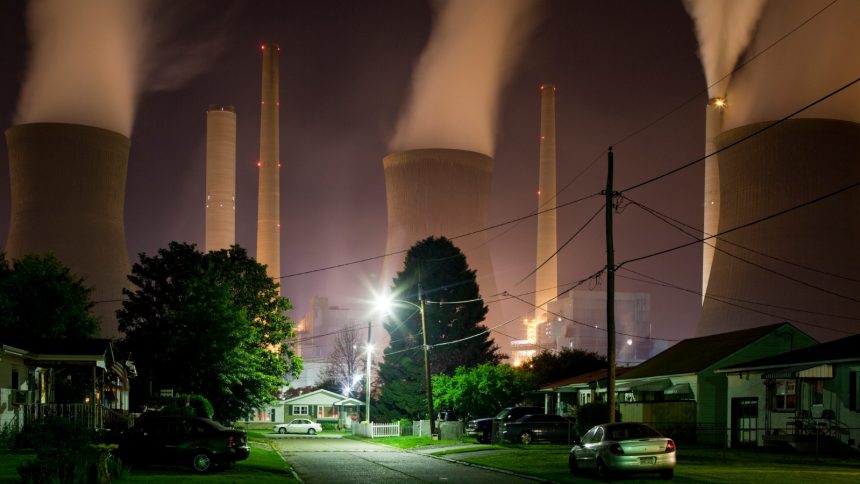In the United States, a significant portion of annual greenhouse gas emissions is attributed to electricity generation, with coal-fired power plants emerging as major polluters. To address this issue, the Environmental Protection Agency (EPA) recently introduced groundbreaking rules aimed at curbing carbon pollution. These regulations are set to prevent a substantial 1.4 billion metric tons of carbon emissions by 2047, equivalent to the yearly emissions of 328 million gas cars.
The new rules, based on laws like the Clean Air Act and Clean Water Act, not only target carbon emissions but also seek to reduce other forms of pollution from fossil fuel-fired power plants. By incorporating measures to control toxic discharges and reduce mercury emissions, the regulations are expected to have a positive impact on air, water, and soil quality.
Of particular significance is the requirement for carbon capture and storage (CCS) at certain existing plants, marking a significant milestone in emission reduction efforts. The mandate presents options to plant operators, including meeting emission capture thresholds or opting for closure by designated timelines.
While CCS holds promise in mitigating emissions, concerns surround its scalability and effectiveness, given the absence of large-scale operational deployments. Despite government incentives, challenges in CCS implementation persist, leading to skepticism within the industry and environmental circles.
Moving forward, stakeholders anticipate a shift towards plant retirement rather than costly CCS retrofits. Advocates stress the need for a balanced approach, emphasizing the importance of exploring alternative energy sources and transitioning away from fossil fuels.
As the debate continues, communities near CCS infrastructure express apprehension over safety and environmental risks associated with the technology. The push for stringent regulatory frameworks and heightened public awareness is seen as essential in ensuring the responsible deployment of CCS.
In the face of opposition and legal challenges, the EPA’s rules signal a pivotal moment in shaping the future of energy production. While the road ahead may be fraught with obstacles, the imperative to mitigate climate impact remains central to the transition towards sustainable energy practices.






